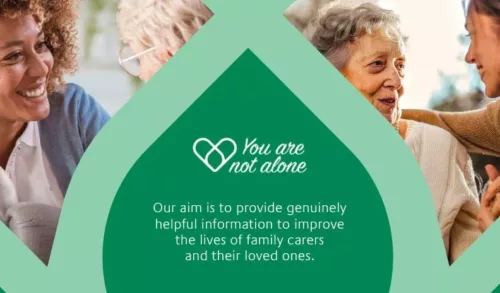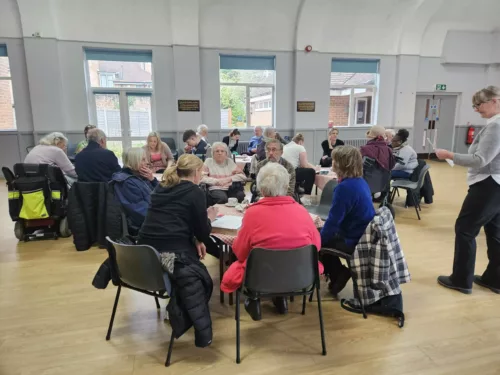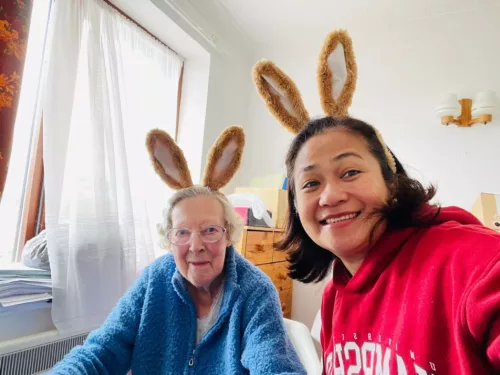
The annual week aims to raise awareness, promote inclusion and help highlight the organisations that support those who are deaf and hard of hearing and their friends and families. This Deaf Awareness Week aims to raise awareness of the condition and what signs and symptoms to look out for in your loved ones, so that they can get the best treatment. Many symptoms are subtle at first, so it is good to bear them in mind.
- Sudden hearing loss – where the onset is sudden and may be linked to an infection of wax build up;
- Age-related hearing loss – this is the biggest cause of hearing loss – when age-related damage affects the inner ear;
- Noise-induced hearing loss – this is caused by loud noise exposure and can cause deafness years after the exposure, normally the first indication of this is tinnitus;
- Genetic hearing loss and deafness;
- Ototoxic drugs – which in some cases can cause hearing loss, balance problems and tinnitus (speak to your GP to change medication if this occurs)
- Acoustic neuroma – a rare tumour that grows and causes issues with the balance and hearing centres
Signs and symptoms of hearing loss will be different for each person, but in general the NHS and RNID states that people may experience:
- Finding it hard to understand people in noisy places,
- Asking people to repeat themselves a lot,
- Turning up the TV or radio louder – perhaps so that family or friends comment on the volume,
- Difficulty hearing while on the phone or on a video call,
- It sounds like other people are mumbling a lot and you have to tell them to speak up,
- Missing what your family, friends or partner say,
- Feeling tired or stressed from making a big effort to concentrate on what people are saying all the time.
- Always make sure you are facing the person and do not cover your mouth – this will make it easier for them to read your lips.
- Speak at eye level so the person can clearly see your face – this is important for lip reading and reading your expressions.
- Speak clearly and slowly – humans speak at roughly three words a second, so be aware of this and slow down your speech a little, but don’t over-exaggerate your enunciation as this can actually make it harder for someone to read your lips. Try and speak normally and steadily.
- Use body language to show what you mean – a huge part of communication is picking up facial expressions and gestures.
- Make sure that if there are more than the two of you talking, that you all take turns and don’t speak over each other.
- Make sure you have your chat somewhere away from background noise, this will make it easier for someone who is hard of hearing to pick up what you are saying.
You can get more information from the NHS website here and from the RNID (Royal National Institute for Deaf People) here. Your loved one’s GP will be able to do an investigation and will be able to suggest a course of action depending on the type, and severity, of the hearing loss.
Treatments can include hearing aids, ear cleaning (in the case of ear wax build up) hearing implants, assistive listening devices and sign language and lip reading courses.





